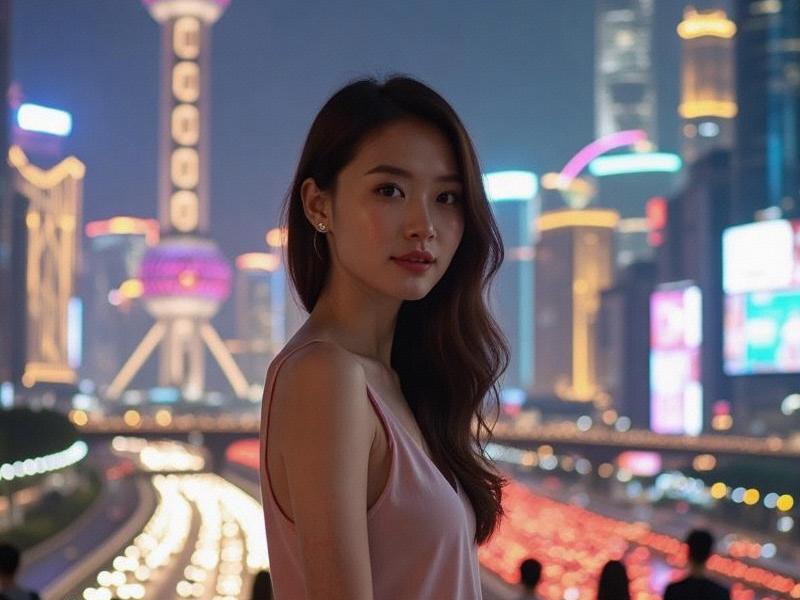
The neon lights of Shanghai's entertainment districts tell a story of transformation. What began as simple KTV parlors and nightclubs in the 1990s has matured into a sophisticated ecosystem of high-end clubs that serve as the city's unofficial business chambers, cultural melting pots, and trendsetting social spaces.
The New Generation of Business Entertainment
Shanghai's premium clubs like M1NT, Bar Rouge, and Mao Livehouse have redefined corporate entertainment. These venues now offer "business lounge" concepts where deals are sealed over single-malt whiskeys and live jazz. The exclusive Billionaire Club in the Bund Finance Center has become particularly famous for its discretion, with membership requiring both financial credentials and personal referrals.
"We're not just selling drinks anymore - we're facilitating connections," explains James Liang, manager of Dragon One Club in Jing'an. His establishment features private rooms equipped with translation services and secure document disposal, catering specifically to international business negotiations. Government statistics show 68% of foreign investment deals in Shanghai now involve at least one entertainment venue meeting.
上海龙凤419足疗按摩 Cultural Fusion in Club Design
The architectural and thematic designs of Shanghai's clubs reflect its hybrid identity. The newly opened Cloud Nine in Xuhui District blends 1930s Shanghai Art Deco with holographic technology, while Huangpu District's The Nest offers "guochao" (national trend) nights mixing traditional Chinese instruments with electronic beats.
This cultural synthesis extends to food and beverage offerings. High-end clubs now employ mixologists creating cocktails with baijiu and pu'er tea, while dessert menus feature modern interpretations of mooncakes and tangyuan. "We want international clients to experience China through all five senses," says Vivian Wang, beverage director at Celestial Club.
上海龙凤419社区 The Technology Revolution
Shanghai's clubs lead in technological integration. Facial recognition systems have replaced traditional VIP cards at establishments like Muse 2, while augmented reality menus allow guests to visualize drinks before ordering. Some forward-thinking venues have even implemented "social credit" style systems where patrons earn privileges based on their spending and behavior patterns.
The pandemic accelerated other innovations. Contactless ordering via WeChat Mini Programs became standard, and several clubs developed "hybrid entertainment" models where physical events are simultaneously livestreamed to virtual audiences. "Technology lets us extend the Shanghai nightlife experience globally," notes tech entrepreneur and club investor Mark Chen.
上海龙凤419油压论坛 Regulation and the Future
Recent government policies have reshaped the industry. Stricter licensing requirements and regular inspections have closed many smaller operators while allowing premium establishments to thrive. The "Night Mayor" program coordinates transportation and security for the night economy, which now accounts for over 15% of Shanghai's consumer spending.
As Shanghai positions itself as a global entertainment capital, its clubs continue evolving. The upcoming 2025 Shanghai Night Economy Summit will showcase sustainable clubbing initiatives, including venues powered by kinetic dance floors and zero-waste bar programs. What remains constant is these spaces' role as crucibles where Shanghai's money, culture, and ambition mix as smoothly as a master bartender's cocktail.
